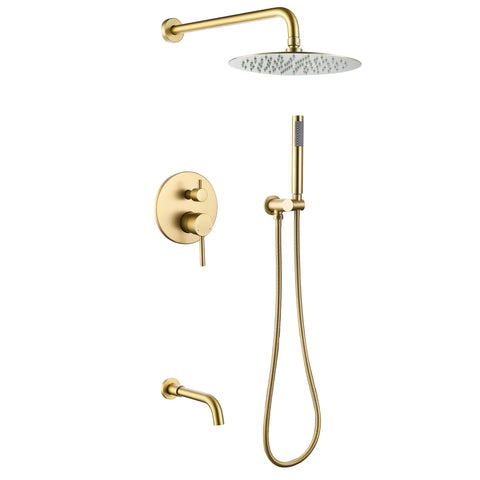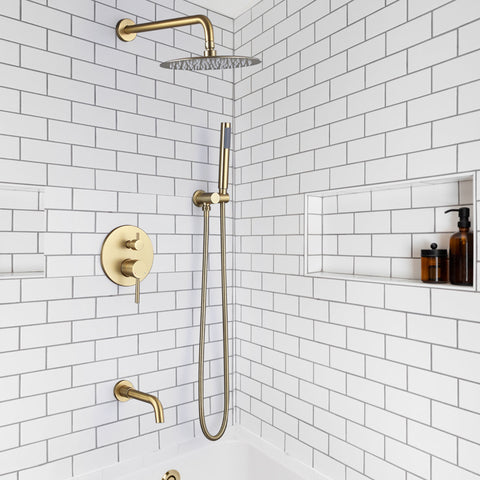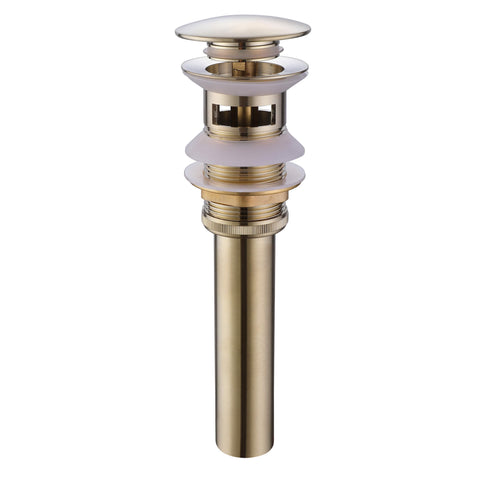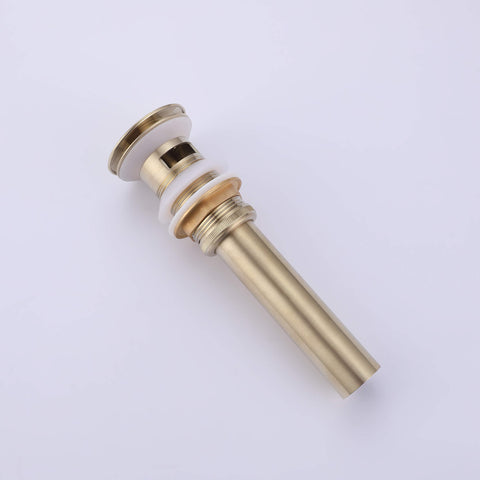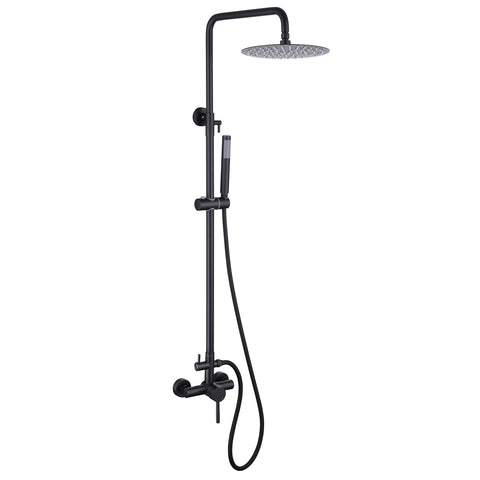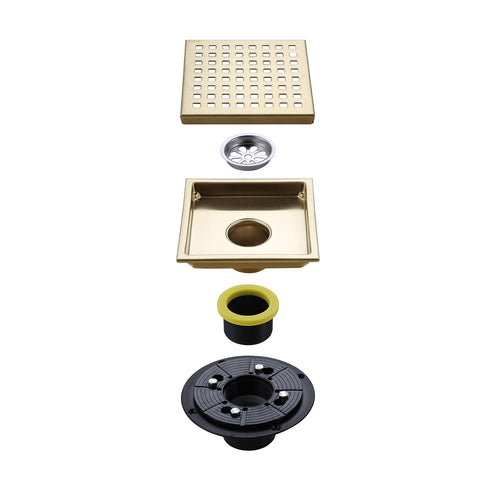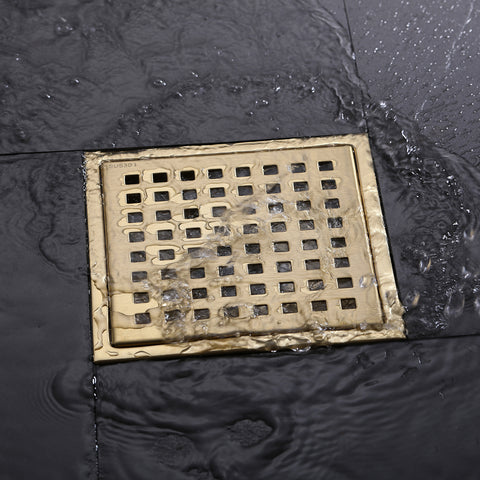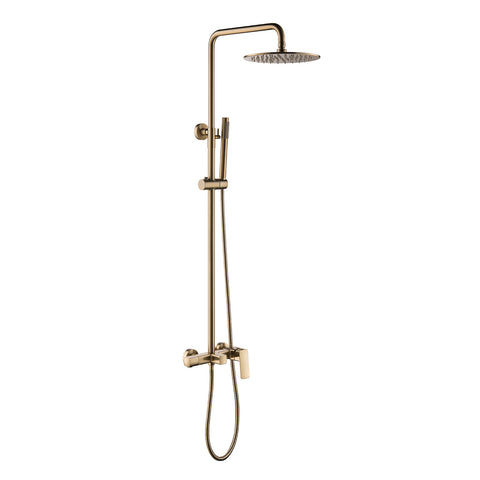How to Clean a Sink Drain?
Why Clean Your Sink Drain?
Over time, sink drains collect soap residue, grease, hair, food particles, and other debris. This buildup can cause:
- Unpleasant odors
- Slow drainage
- Blockages requiring professional plumbing services
Regular cleaning not only prevents these issues but also helps maintain your sink’s overall hygiene.
Materials You’ll Need
Before you start, gather the following materials:
- Baking soda
- White vinegar
- Hot water
- A drain brush or old toothbrush
- Rubber gloves
- A plunger (optional)
- A bucket (for catching water if needed)
Step-by-Step Instructions
1. Flush with Hot Water
Start by flushing your drain with hot water to loosen any debris and soften grease buildup:
- Boil a pot of water.
- Carefully pour it directly down the drain in stages.
2. Remove Visible Debris
Check the drain opening for visible debris or clogs:
- Put on rubber gloves.
- Use your fingers or a tool to remove any food particles, hair, or other objects.
- For sink drains with stoppers, remove the stopper to clean thoroughly.
3. Use Baking Soda and Vinegar
This natural cleaning method is both effective and eco-friendly:
- Pour half a cup of baking soda down the drain.
- Follow with half a cup of white vinegar.
- Let the mixture sit for 15-20 minutes. You’ll notice bubbling as the reaction breaks down debris.
- Flush the drain with hot water.
4. Scrub the Drain
If stubborn residue remains:
- Use a drain brush or an old toothbrush to scrub the inside of the drain.
- Focus on areas around the opening and the stopper.
5. Use a Plunger (If Necessary)
For more severe clogs:
- Fill the sink partially with water to cover the plunger head.
- Place the plunger over the drain and plunge vigorously.
- Check if the water drains freely; repeat as needed.
6. Rinse and Reassemble
- Run hot water through the drain for several minutes to remove any remaining debris.
- Reinstall the stopper or drain cover.
Tips for Maintaining a Clean Sink Drain
- Avoid Dumping Grease: Let grease solidify and dispose of it in the trash instead of pouring it down the drain.
- Use a Drain Strainer: This prevents large debris like food scraps and hair from entering the drain.
- Flush Weekly: Pour hot water down the drain weekly to prevent buildup.
- Deodorize Regularly: Use baking soda and vinegar monthly to keep your drain smelling fresh.
- Address Issues Quickly: Don’t ignore slow drainage or minor clogs, as they can worsen over time.
When to Call a Professional
If your sink drain remains clogged or emits persistent odors despite cleaning, it might be time to consult a plumber. Professional tools and expertise can resolve deeper or more complex issues.
Conclusion
Cleaning your sink drain is a simple task that can save you from costly plumbing repairs and keep your kitchen or bathroom fresh and functional. With just a few household items and some regular maintenance, you can ensure your sink drain stays clean and clog-free. Start incorporating these steps into your routine today!
